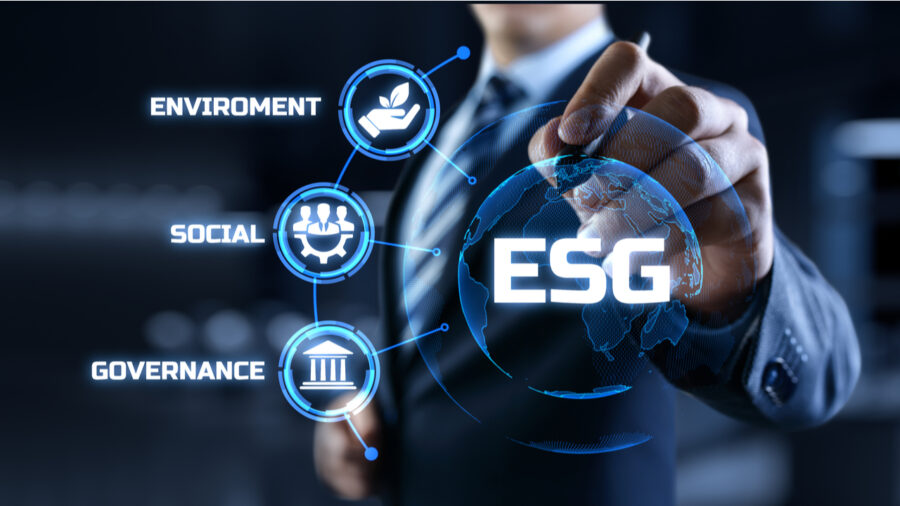Environmental, social, and corporate governance (ESG) is rapidly becoming front of mind for regulators, investors, customers, and employees – and it is rising to the top of corporate agendas as well. Many now view a well-devised corporate ESG strategy as a positive indicator for long-term revenue growth.
In a recent global survey of 281 Mergers & Acquisitions (M&A) executives commissioned by management consulting firm Bain & Company, 65 percent expect their own company’s focus on ESG to increase over the next 3 years.
According to the report, more than half of the surveyed respondents either see ESG leadership as justifying higher deal valuations or expect this to be the case in the future, indicating a need for buyers to appropriately assess and value their target’s ESG performance.
Data shows that today corporate buyers do not account for ESG in their M&A process as only 11 percent of respondents say they extensively assess ESG during the deal-making process on a regular basis.
According to experts, out of 10 elements of the corporate M&A process, ESG was the least-emphasized dimension. Many are struggling to determine how to embed the process of assessing the ESG implications of an acquisition into their M&A strategy.
Some companies are ahead on this curve. By incorporating ESG into their M&A process, they have set themselves up with an advantage in pursuing value creation opportunities and a head start in meeting their ESG imperatives.
Specialists suggest that by beginning to unlock ESG as an M&A priority and a factor in delivering deal value, these companies move ahead of the majority of companies that have yet to evolve their M&A models to account for the growing sophistication of ESG.
According to the study, this value can come from multiple sources as in the consumer products industry, 68 percent of our surveyed executives see ESG’s value in helping them gain share by improving their brand image to appeal to changing consumer preferences.








